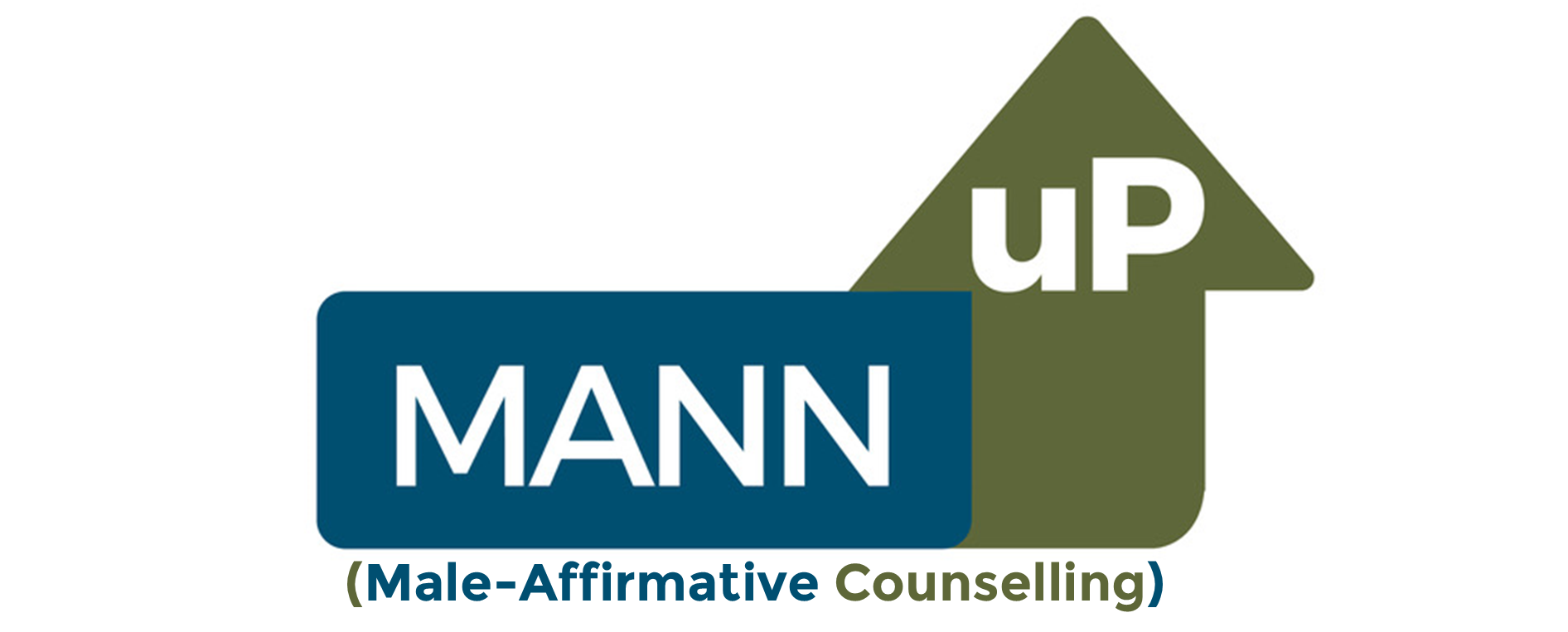 Have you ever noticed that music has been present at key points and meaningful moments in your life? Maybe it is the song you remember falling in love to, or the track that lifted your spirits on a sad day, or even that tune that gave you the energy to keep going when you felt your spirits flagging. There is no doubt music is a powerful force in our lives, but have you ever considered intentionally harnessing that power and using music as a therapeutic tool?
Have you ever noticed that music has been present at key points and meaningful moments in your life? Maybe it is the song you remember falling in love to, or the track that lifted your spirits on a sad day, or even that tune that gave you the energy to keep going when you felt your spirits flagging. There is no doubt music is a powerful force in our lives, but have you ever considered intentionally harnessing that power and using music as a therapeutic tool?
MUSIC AS THERAPY
There is a lot of information that demonstrates how music can be utilised for therapeutic purposes to help manage and positively influence intense mood states.
Music can also be a means to express and vent your inner feelings, and if you are having difficulty putting into words what is going on inside you, music can also be a way to help communicate how you are feeling to others.
The BAMT website describes formal music therapy delivered in the likes of hospitals, day centres and academic settings as: “An established psychological clinical intervention to help people whose lives have been affected by injury, illness or disability through supporting their psychological, emotional, cognitive, physical, communicative and social needs.”
Beyond this formal and structured application of music therapy in clinical and organisational contexts, there can be no doubt that the therapeutic benefits that engaging with music can bring can be enjoyed by everyone, in both therapeutic and non-therapeutic contexts.
The Cleveland Clinic website notes listening to music can: lower blood pressure; enhance social skills; help to self-regulate thoughts and moods and can increase feelings of joy.
The Positive Psychology website notes music can help to: reduce anxiety and the physical effects of stress and improve self-expression and communication.
The Very Well Mind website notes music can help individuals to: develop their identities, learn to regulate their emotions; recover from traumas and self-reflect.
The Sound of the Next Generation Report by Youth Music found that for young people, music enabled them to connect with their peers, their community, their family and their roots. It may be when young and the ability to name and articulate emotions has not yet fully developed, music can play and even more useful role in helping children and young people understand and share their emotional self with others.
It might be that you want to take it even further, and not just listen to music, but you could actually decide to learn to play music and/or a musical instrument. The NAMM Foundation website reports that playing music as an adult can: improve your memory; help you to pay attention; improving your auditory skills; help your feelings of connectivity and even make you a better team player.
HOW TO USE MUSIC AS YOUR THERAPEUTIC TOOL
There are several ways you can intentionally start to use and build your interest in music to help protect and enhance your psychological (mental and emotional) wellbeing.
Creating Music Mood Playlists: Everyone will have times in their life when they will experience intense emotions such as sadness, fear or anger, that if left unattended to, can start to cause disruption. It may be that the activation of that intense mood state can be clearly understood and predicted (for example feeling sad when a relationship ends), or the intense mood can suddenly flood into your life, seemingly from nowhere.
Get ahead of that emotional ‘curve’ by creating playlists that are intended to act as the antidote to an intense mood state.
When you are sad, turn to your playlist of happy and optimistic tunes, when you are feeling fearful and anxious, have a playlist on hand that helps soothe and relax you. When you are angry, tap into ‘angry’ music and use listening on to it as a way to safely connect to and vent that feeling.
Using Music to Express: Have you ever wanted to play a musical instrument, or do you enjoy singing, either along to tracks, or as part of a singing group? Playing music and/or singing can both be very mindful activities that allow your mind to focus and settle and come into the moment. It also gives you a means to get out of you the emotions that may feel bottled up inside.
It does not matter one bit if you play that instrument badly, or you have no signing voice. You do not have to be able to win talent shows or get a recording contract to be musically expressive, this is about you connecting with your inner self and sharing what it going on inside you (either by yourself, or with others if you want to).
Using Music to Communicate: It is well recognised that males in particular can be affected by alexithymia, which is where a person has difficulty identifying and expressing emotions. This is not any form of mental disorder, and when you think about how boys and men are still culturally conditioned to not express their feelings, it is no wonder that males can be affected by alexithymia more than females.
Males of all ages need to be encouraged and supported to develop and exercise their ‘emotional muscles’.
If you are struggling to put into words and share your emotions, sometimes the lyrics and sentiment of a particular song can help you to zero in on your feelings, and sharing that tune with someone you trust, can be a way to help communicate to others your emotional state.
Using Music to Motivate: There is a reason why when you go into most gyms any many shops, they are playing up tempo music. It creates energy and motivates you to act. Websites such as Medium, BBC and PsyPost show that listening to music can release serotonin and dopamine in your brain.
These powerful chemicals can not only help you feel energised, they are also known to improve your overall sense of positively as they contribute to you feeling good and happy.
The great thing is all these techniques are either free, or relatively inexpensive, and are flexible and accessible too. You can call on music as your therapeutic support on an ongoing basis to proactively invest in your wellbeing, or tap into it at times of particular mental and emotional pressure in your life.
You can also either practice any of these techniques yourself, or you can even incorporate some of all of them into your counselling process, to help you share and respond to your inner self.
HOW MANN UP CAN HELP
MANN uP’s personal programmes can offer support and encouragement if you are struggling with managing and expressing your emotions, or if intense emotions are disrupting your quality of life.
If it helps you, whilst you participate in your programme, music can be harnessed as a therapeutic tool to help you connect with, share and start to proactively manage your inner mood states.
